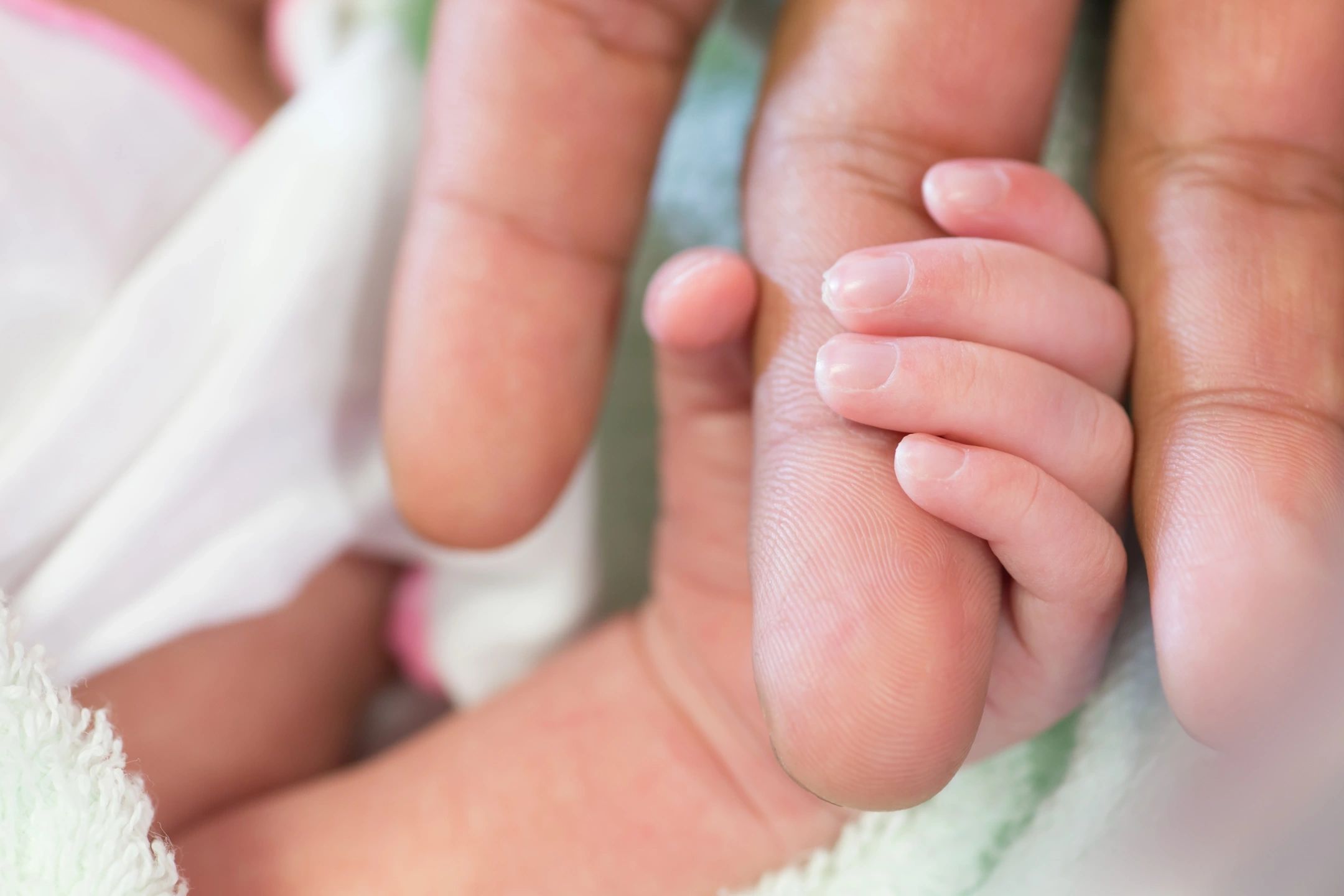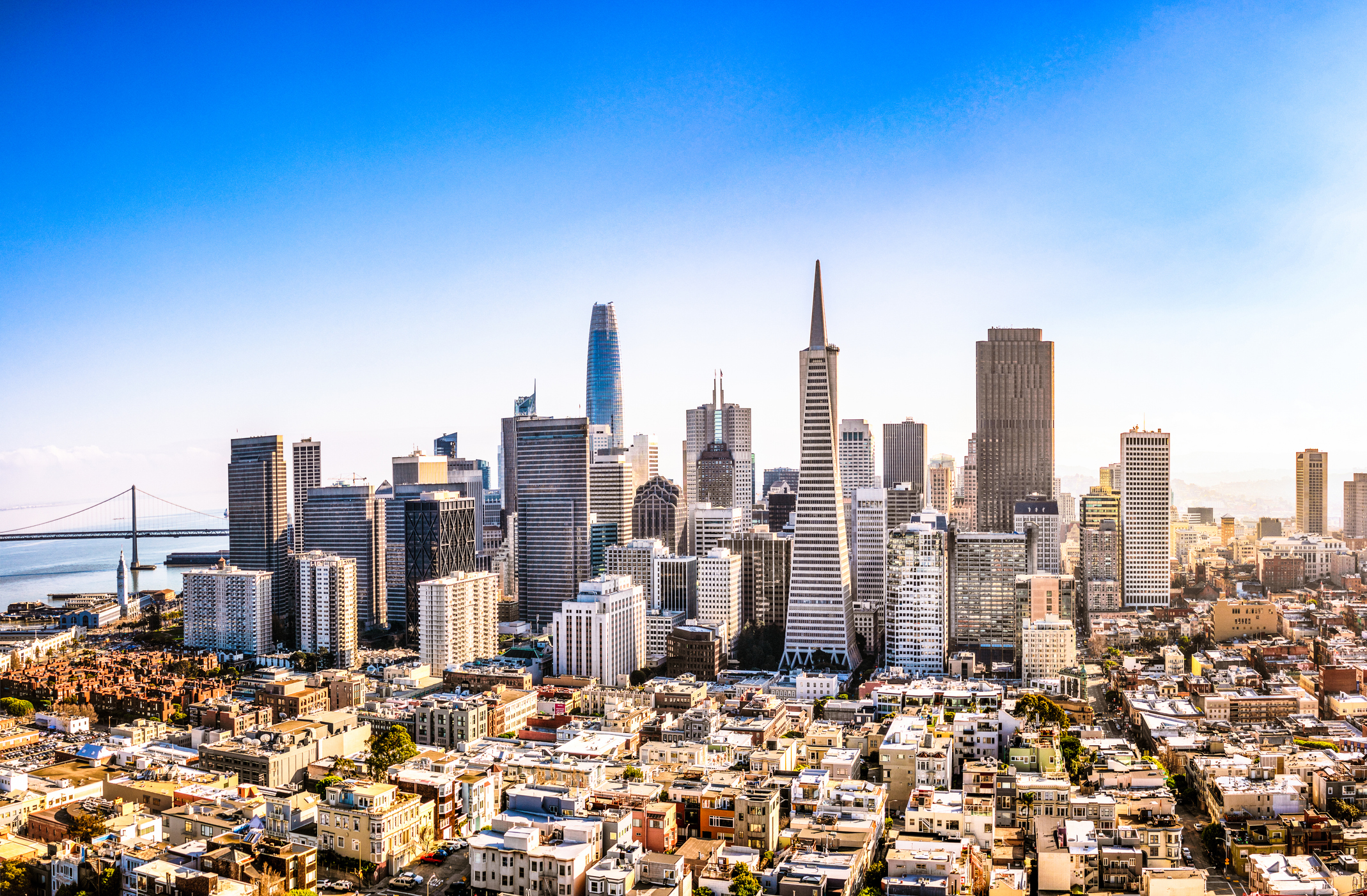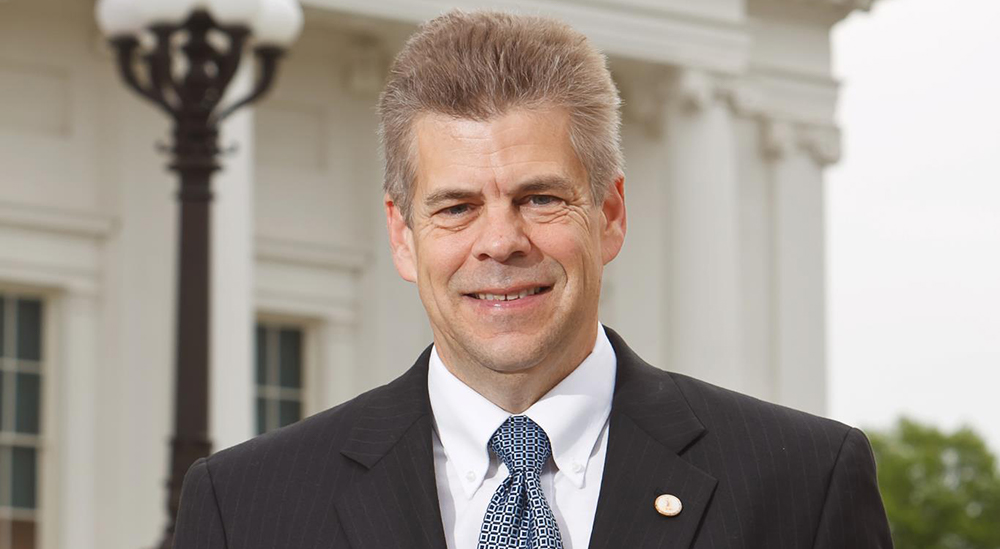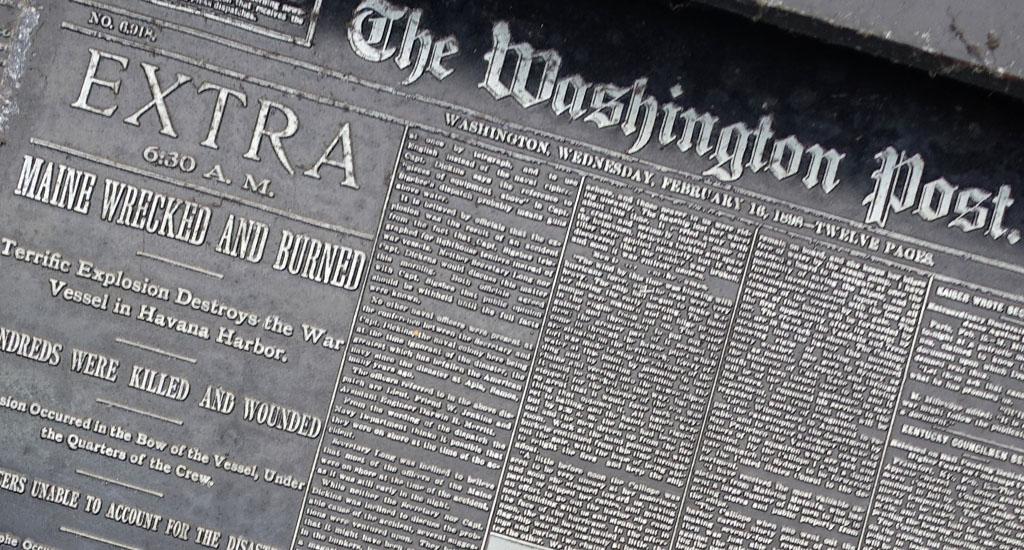Outstanding numbers from Public Opinion Strategies this morning as the Virginia Hospital and Health Care Association reveals their numbers of health care reform — 83% of all Virginians want some form of health care coverage for the uninsured, and 72% of all Republicans agree with the sentiment.
The press briefing — which was red meat for anyone who wants to take a peek at the public side of policy analysis — is worth running in the background:
More notable from the poll, over 80% of each region of Virginia supported some form of health care coverage for uninsured Virginians.
Given the impact of Obamacare on the health care industry, it shouldn’t surprise a soul to discover that Virginia’s hospitals and health care centers — especially those in rural Virginia — are shouldering the brunt of the increased costs.
It was President Ronald Reagan who in 1986 pushed for and signed legislation requiring hospitals to treat regardless of ability to pay — a humane gesture that merely formalized what the health care industry was by and large doing as a matter of ethics. Yet due to the spiraling cost of health care, over 23% of Virginia’s acute care hospitals and 40% of Virginia’s rural health care centers had negative operating margins according to a newly revealed VHHA Community Benefit Report.
Virginia’s hospitals consist of a $40 billion economic impact to the Commonwealth, with an estimated $1.57 billion in community benefit that when one includes Medicaid costs, bad debt, and waived fees totals to an astounding $3.25 billion in 2016 alone — roughly $400 for every Virginian.
Yet uncompensated care over the course the 2015-2016 cycle grew from $668 million to $909 million — a 36% increase. Simply put, Virginia’s rural hospitals simply are not equipped either logistically or financially to carry these costs while running at a loss and under what is arguably an unfunded federal mandate from Washington to provide emergency care.
The good news here is that Virginians are favorable across party lines to some sort of market-oriented health care solution. Republicans such as U.S. Senator Rand Paul have put forward ideas to link health savings accounts (HSAs) with high deductible insurance plans (HDIPs) that would enable individuals to make their own health care decisions while providing for catastrophic care — all at minimal cost that would turn America’s working class into savers overnight.
Linked with waivers from the federal government negotiated by then-Governor Mike Pence in Indiana, and the embryonic stages of a market-oriented and Virginia-centric health care solution — one that covers the uninsured without turning a social safety net into hammock — begins to emerge.
Is it possible? The numbers in the poll are incontestable. Public Opinion Strategies is as well-known Republican polling outfit who produces reliable data for The Wall Street Journal among others. What remains contestable is whether Democrats and Republicans in a spirit of civility and bipartisanship can move beyond the impossibles center on something much more valuable than a mere compromise — a solution.
The building blocks are there. The political will may very well be present as well. The question is whether or not partisanship will take a backseat for the 400,000 Virginians waiting for both parties to answer the call.







